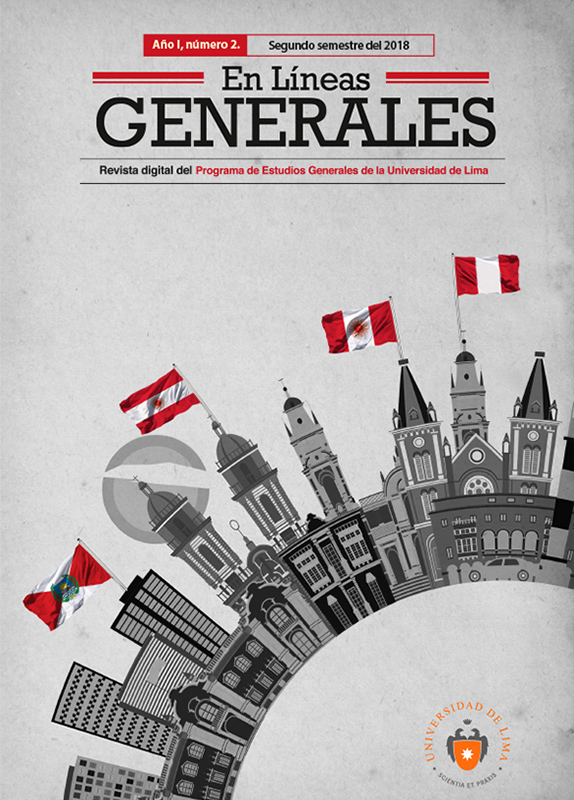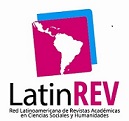Honor, insults and "La Pepa"
DOI:
https://doi.org/10.26439/en.lineas.generales2018.n002.2670Abstract
The notion of “social hierarchy”, “quality” or “pre-eminence”, aspects on which honor was based during most of the 18th century, was disrupted with the advent of the Enlightenment and the movements in favor of independence. Loyalty to the king or taking a stand for the new political situation that was being created were the new axes of definition of honor. In relation to the latter, under the protection of the Constitution of Cádiz, new political discourses emerged in the daily work. In judicial processes, for example, the legal language had a constitutional reference and sought to build a society of equals. In the cases of insults against honor, the defense of “quality”, “pre-eminence” or “social worth” stumbled upon the reminiscences of the traditional colonial order. This is how the new political vocabulary recreated conflicting forms between honor based on family ancestry and luster, and honor sustained in some form of upward social mobility.





